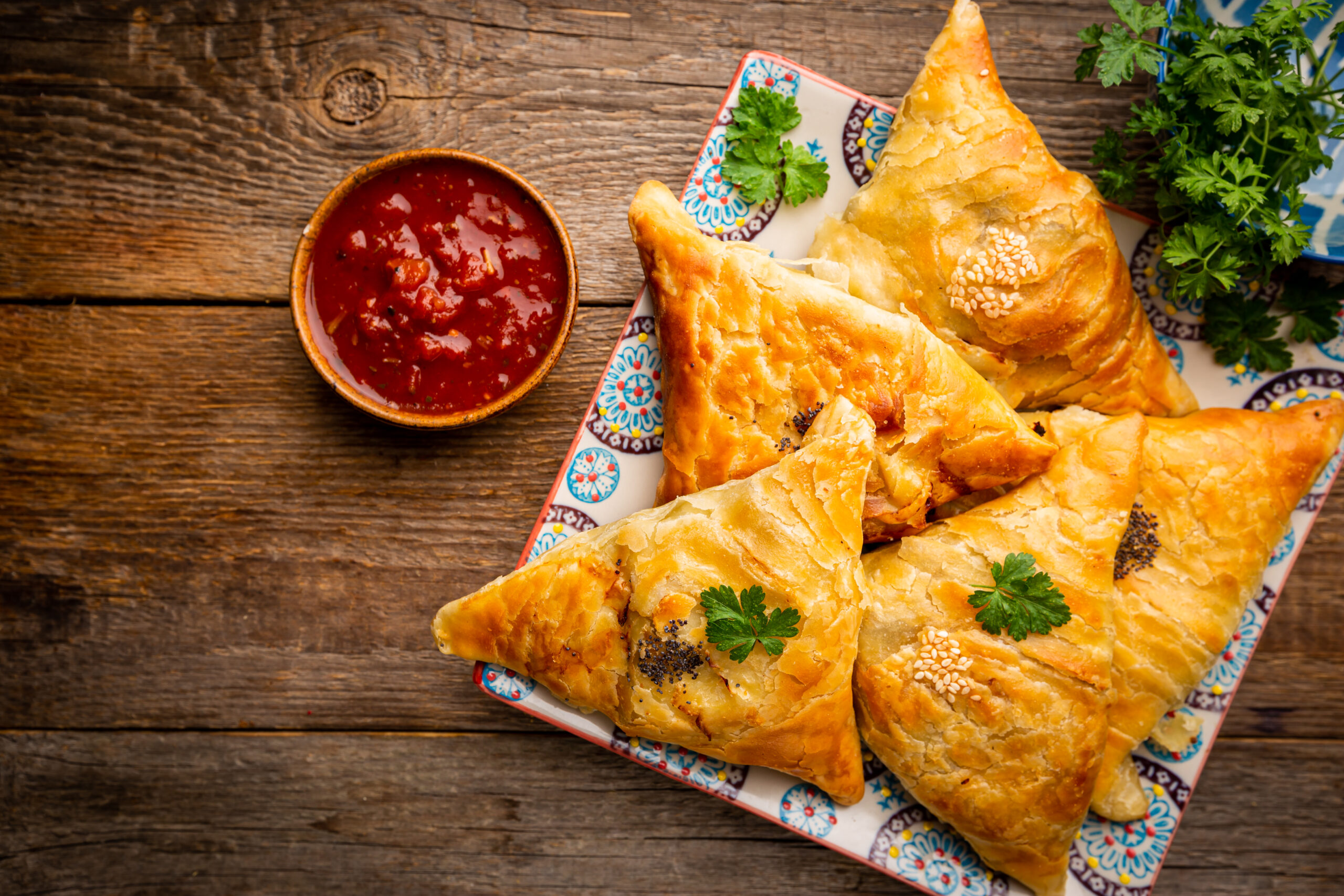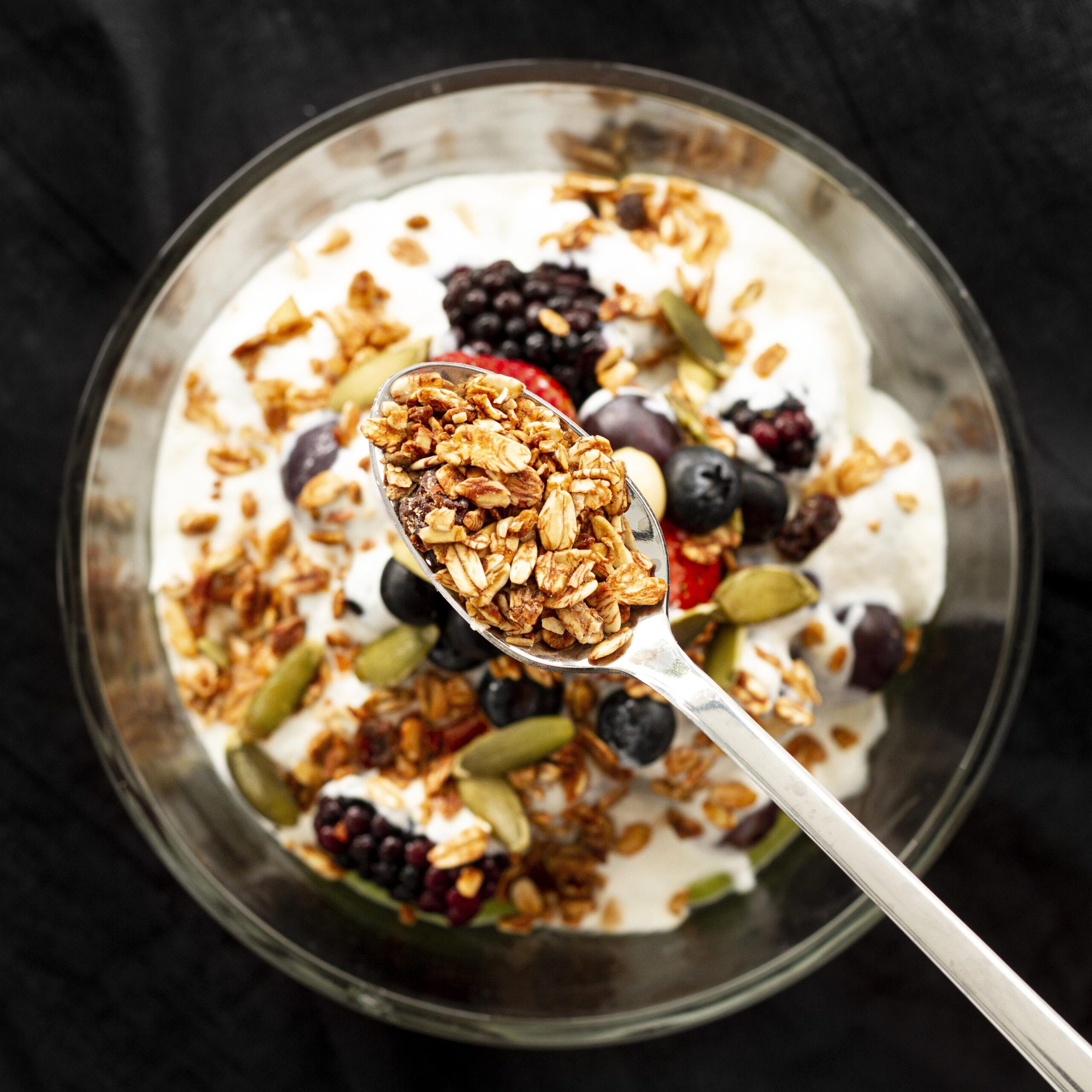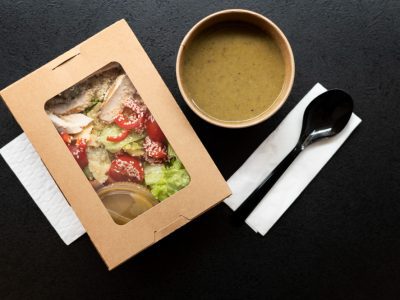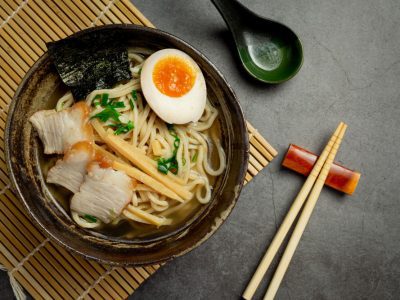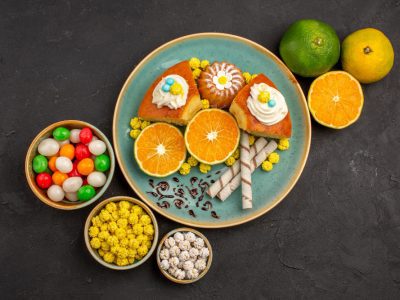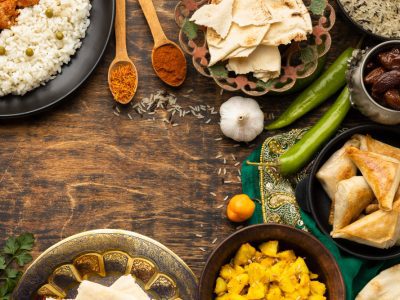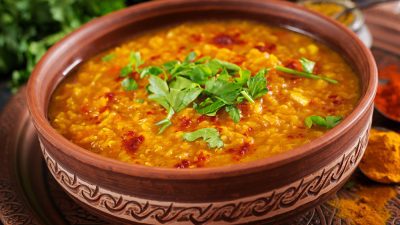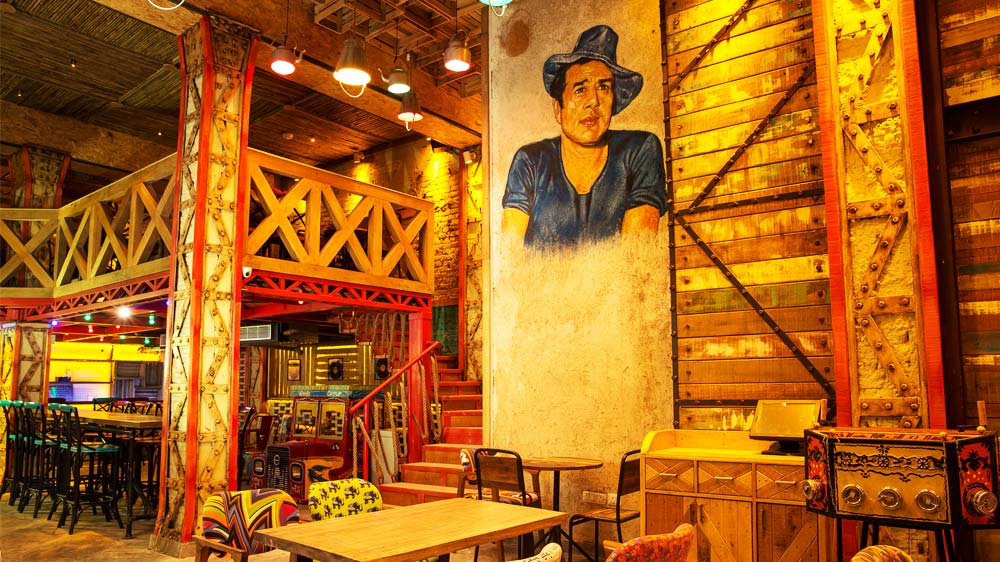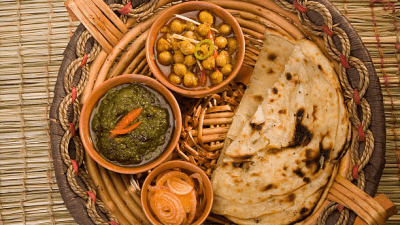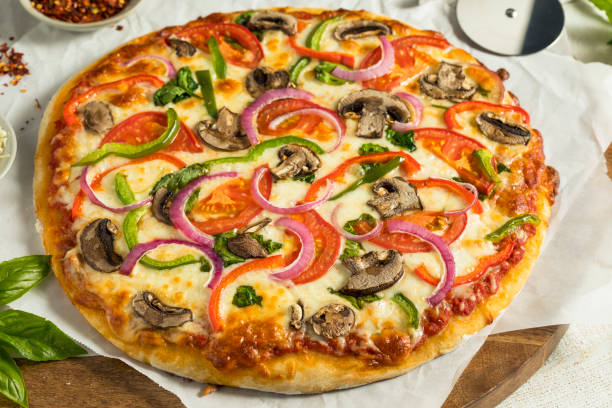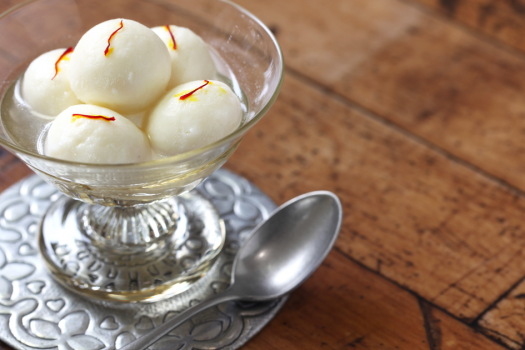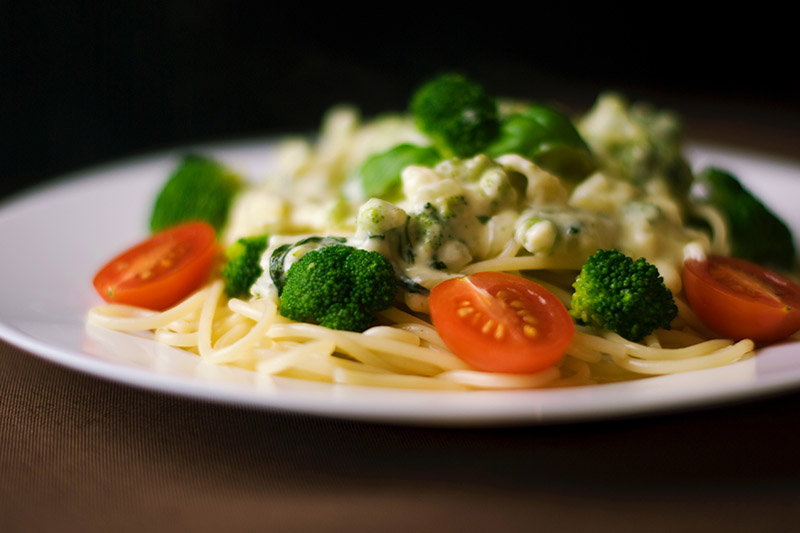Mahavir Jayanti is one of the most important festivals in the Jain calendar. It is celebrated to commemorate the birth of Lord Mahavir, who is considered to be the last Tirthankara (enlightened being) of Jainism. Mahavir Jayanti is celebrated on the thirteenth day of the Chaitra month (March-April) of the Hindu calendar.
On this day, Jains all around the world celebrate by performing puja (worship) of Lord Mahavir and by reading and discussing his teachings. Jains also take part in processions, sing devotional songs, and distribute food and clothes to the needy.
The feast is celebrated with a variety of Jain vegetarian cuisine, which is prepared with utmost care and devotion. Jain Vegetarian cuisine is quite distinct from the vegetarian cuisines of other cultures and religions. It is based on the principle of non-violence and reverence for all living beings, and so all the ingredients used are carefully selected.
Jain Vegetarian Cuisine
Jain cuisine is an ancient cuisine that has been in existence for thousands of years. It has evolved over time, influenced by the Jain philosophy of non-violence, purity, and simplicity. Jain food is primarily vegetarian, and it is free from onion, garlic, and other root vegetables. This is because Jainism believes that these vegetables have a higher concentration of microscopic organisms, which should not be harmed. The cuisine is also devoid of any animal products such as meat, fish, and eggs.
Features of Jain cuisine
One of the most defining features of Jain cuisine is the emphasis on simplicity and purity. The food is prepared using minimal spices and oils, and it is often served in small portions. This is because Jainism believes that overeating leads to greed, which is against the principles of non-violence and simplicity. Jain cuisine also places a significant emphasis on hygiene and cleanliness. The food is prepared in a clean environment, and utensils used for cooking are washed thoroughly to ensure that no impurities are present in the food.
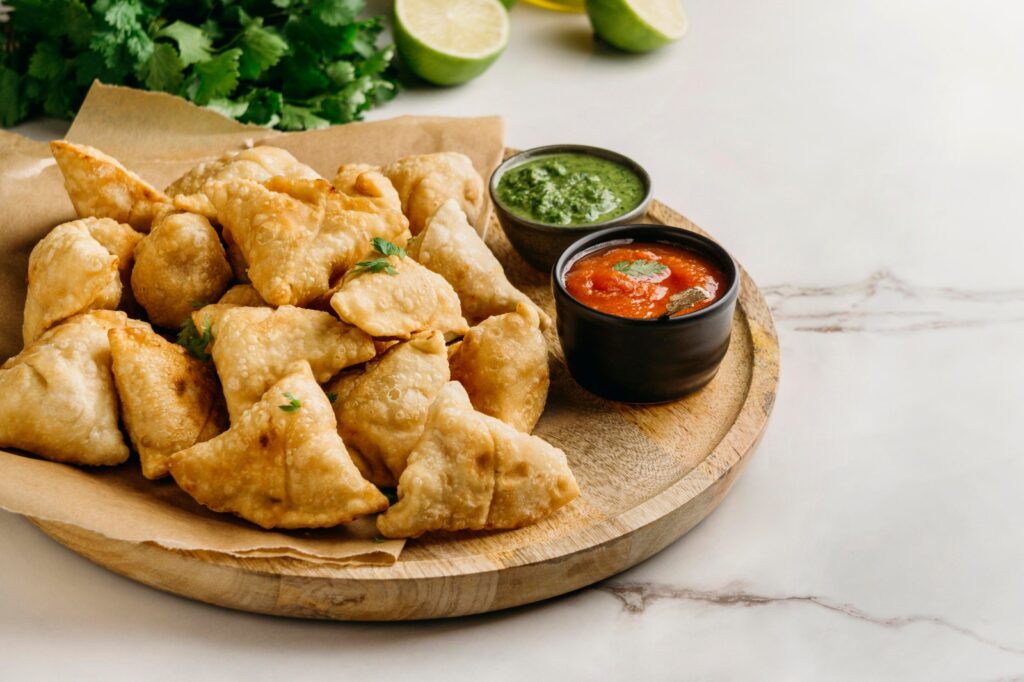 Jain Vegetarian Cuisine
Jain Vegetarian Cuisine
Popular dishes
Some of the popular Jain dishes include Dal Bati Churma, Kachori, and Samosa. These dishes are made using lentils, flours, and vegetables, and they are spiced mildly to maintain the purity of the food. Sweets such as Rasgulla and Gulab Jamun are also popular in Jain cuisine and are prepared using pure ghee, milk, and sugar.
Significance of Mahavir Jayanti
This festival holds great significance in Jainism as it is a celebration of Lord Mahavir’s life and teachings. Lord Mahavir taught the principles of non-violence, compassion, and the importance of leading a simple and pure life. His teachings have had a huge impact on the Jain community, and they continue to inspire people to lead a life of kindness and compassion.
Also Read: https://hogr.app/blog/top-10-pure-veg-restaurants-in-indiranagar
The festival of Mahavir Jayanti is an important part of Jain culture, and it is an opportunity to celebrate Lord Mahavir’s teachings and the importance of truth, compassion and non-violence towards all living beings. Eating traditional Jain dishes provides a wonderful way to honour these values, while also enjoying some truly delicious food.
